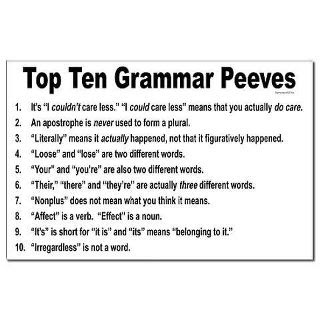
For some beginners, start a conversation maybe really tough. As a beginner you need to know the basic of conversation, and here are I provide some basic question to help you start speaking English. Each of these questions help to begin or continue a conversation.
Five Basic Facts
These five questions will help you get to know people. They are simple questions with simple answers and provide information so you can ask more questions.
What is your name?
Where do you live?
What do you do?
Are you married?
Where are you from?
More questions for ...
These questions help to continue the conversation after your first question.
"What is your name?"
It's a pleasure to meet you. Where are you from?
That's an interesting name. Is it Chinese / French / Indian, etc.?
"Where do you live?"
How long have you lived there?
Do you like that neighborhood?
Do you live in an apartment or house?
"What do you do?"
Which company do you work for?
How long have you had that job?
Do you like your job?
What's the best / worst thing about your job?
What do you like best / least about your job?
"Are you married?"
How long have been married?
Where did you get married?
What does your husband / wife do?
Do you have any children?
"Where are you from?"
Where is ....?
How long did you live there?
What is XYZ like?
Do you like living here?
Hobbies / Free Time
These questions will help you continue conversations and find out more about people's likes and dislikes.
What do you like doing in your free time?
Can you play tennis / golf / soccer / etc.?
What kind of films / food / vacations do you enjoy?
What do you do on weekends / Saturdays?
More questions for ...
These questions will help you ask for more detail.
"What do you like doing in your free time?"
How often do you (listen to music, eat out in restaurants, etc.)?
Where do you (listen to music, eat out in restaurants, etc.) in this town?
Why do you like (listening to music, eating out in restaurants, etc.) so much?
"Can you play tennis / golf / soccer / etc.?"
Do you enjoy playing tennis /golf /soccer /etc.?
How long have you played tennis /golf /soccer /etc.?
Who do you play tennis /golf /soccer /etc. with?
"What kind of films / food / vacations do you enjoy?"
What's the best place to see /eat / go on vacations?
What's the best type of film /food / vacation, etc. in your opinion?
How often do you watch films / eat out / go on vacation?
"What do you do on weekends / Saturdays?"
Where do you go to ...?
Could you recommend a good place to (go shopping / take my children swimming / etc.)?
How long have you done that?









